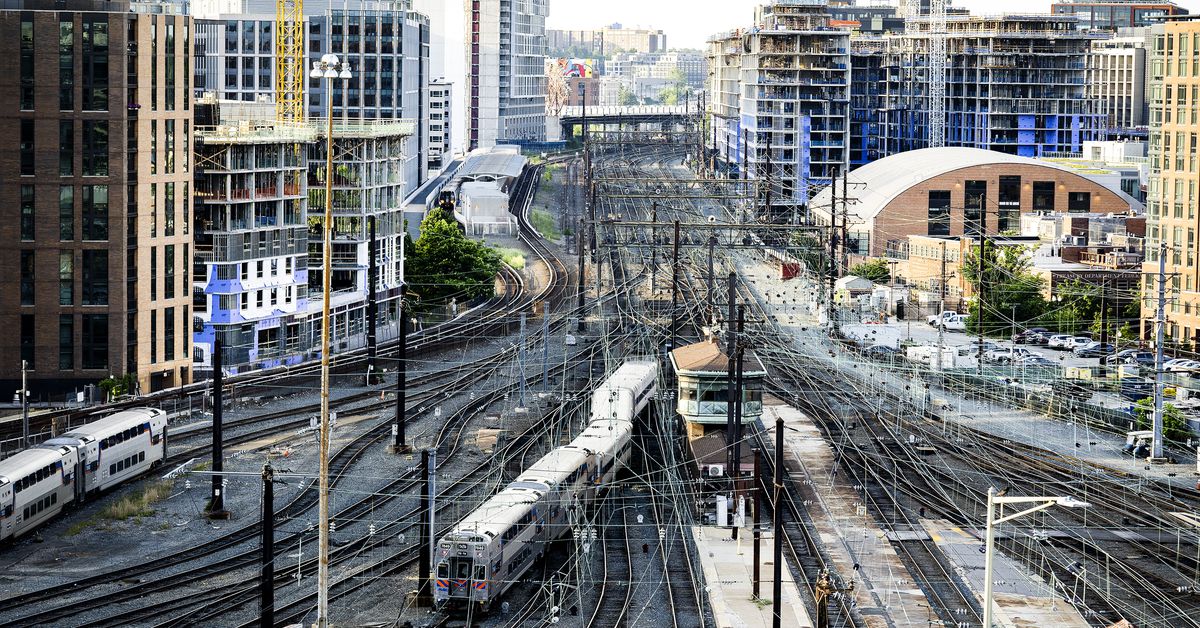Researchers have ruled out some of the more obvious potential explanations for why these projects cost more in the US.
As transit researcher Alon Levy writes in a report for the Niskanen Center, “This is not about our wealth: there is no correlation between a country’s GDP per capita and its subway construction costs. Nor is it about geological factors: the biggest factor behind a project’s cost is what country it is in, and costs are fairly consistent even across different geologies ... This is purely institutional.”
And when it comes to roads and the bulk of the high costs — “the new construction bit” — Turner says even though he has “no idea why those prices are increasing,” he can “eliminate a lot of things.” Turner explains that common theories like unions or the way we’re building roads or where we’re building them (for example, in more urban areas) are not supported by statistical evidence.
Time is money, money is power, power is delaying transportation projects
In looking at various forms of power, one point that's increassingly clear to me is that in a mature and multipolar society what exists are multiple power centres, each often with the effective capability to say "no". The word veto comes directly from the Latin, for "I forbid", and comes from that culture's multipolar power structure, the Senate.
There's also a lesson from warfare and combat, which is that the ability to induce damage or cost on an enemy whilst avoiding it oneself is also powerful. This is the difference between melee and ranged weapons (hand-to-hand, or tooth-and-claw, vs. ballistic or projectile weapons, see also "time-ranged" weapons in the form of traps and snares). "You don't have to be there for it".
Camouflage and armour afford similar capabilities, enabling attack with reduced risk (though also of course protecting against surprise attack).
The dynamics enabling NIMBY attacks are that stalling tactics don't incur consts or liabilities for those engaging in them. Sometimes this has merits, it very often does not, e.g., the delay of a bike-lanes project which sees scores of additional cycling and pedestrian deaths due to street traffic.
https://www.vox.com/22534714/rail-roads-infrastructure-costs-america
h/t Shane D. Phillips / #UCLALewisCenter
#housing #construction #constructionCosts #NIMBY #NEPA #Obstructionism #VetoPower #TimeIsMoney #MoneyIsPower

